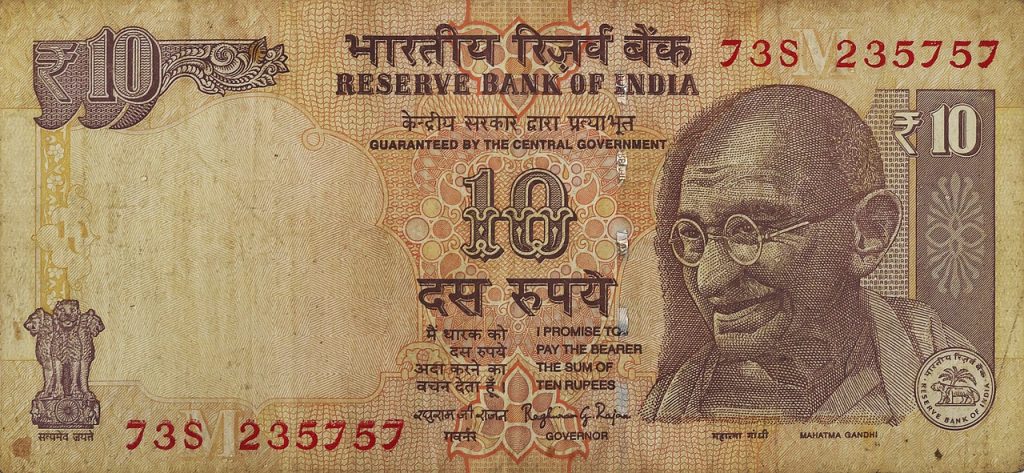Greetings, fellow ethical spenders! It’s that time again where we delve into the captivating world of ethical financial planning. As your trusty guide, I, Sarah Jennings, invite you to join me on a journey that is not only informative but also sprinkled with just the right amount of wit and charm. In this edition, we will explore the ‘Practical Steps to Integrate Ethics into Your Financial Planning for Enhanced Wellbeing.’ So, fasten your seatbelts and let’s embark on this delightful ride!

The Ethical Odyssey Begins
Picture this: you’re sipping on your favorite fair-trade coffee, contemplating your next financial move, and suddenly the question hits you like a bolt of lightning—how can I align my financial decisions with my ethical values? Fear not, for you’re not alone in this quest. With a few simple yet profound steps, you can seamlessly integrate ethics into your financial planning and witness the profound impact it has on your overall wellbeing.
Step 1: Cultivate Ethical Consciousness
The first step in this invigorating adventure is to cultivate a heightened sense of ethical consciousness. It’s about getting in touch with your values and understanding the impact of your financial choices on the world around you. Take a moment to reflect on what truly matters to you. Is it sustainable living, supporting local businesses, or promoting social justice? For instance, by investing in companies that prioritize sustainable practices or avoiding those that exploit cheap labor, you can start making a tangible difference.
Step 2: Align Values with Investments
Now that you’ve identified your core ethical values, it’s time to align them with your investments. Consider exploring socially responsible investment options or ESG (Environmental, Social, and Governance) funds that resonate with your ethical compass. These investments not only generate financial returns but also contribute to a positive societal and environmental impact. Take the case of companies championing renewable energy or those advocating for gender equality—investing in such enterprises not only fosters growth but also supports causes close to your heart.
Step 3: Budgeting with a Conscience
Budgeting might sound mundane, but trust me, it’s the bedrock of ethical financial planning. Create a budget that not only accounts for your financial obligations but also factors in your ethical priorities. Allocate a portion of your budget to support ethical brands, community initiatives, or charitable organizations that champion causes you believe in. This not only fosters a sense of contribution but also encourages a culture of giving back.
Step 4: Ethical Debts and Loans
Let’s talk about debts and loans, shall we? When seeking financial aid, opt for institutions that adhere to ethical lending practices. Look for lenders who prioritize transparency, fairness, and social responsibility. By supporting these institutions, you contribute to a financial ecosystem that values integrity and respects its borrowers. Additionally, be mindful of the impact your debts have on the environment and society. Choosing ethical financing options can significantly contribute to a more sustainable and equitable world.
Step 5: Embrace Ethical Consumption
Ah, the joy of ethical consumption! Whether it’s purchasing ethically sourced clothing, supporting local farmers, or reducing your carbon footprint, every purchase you make is a vote for the world you want to live in. Opt for products and services that reflect your ethical values. Choose brands that uphold fair trade practices, prioritize environmental sustainability, and promote humane working conditions. Your conscious choices not only make a statement but also contribute to the larger movement of ethical consumerism.

The Ethical Finale: A Brighter Future Awaits
As we near the end of our expedition, remember that integrating ethics into your financial planning isn’t just about numbers—it’s about weaving a tapestry of values, compassion, and conscious decision-making. Your choices today pave the way for a more equitable, sustainable, and compassionate tomorrow.
So, fellow ethical spenders, as you embark on your own ethical odyssey, let your values guide your financial decisions, and watch as your financial planning transcends from a mere practice to a heartfelt commitment. Together, let’s create a world where financial prosperity goes hand in hand with ethical integrity, because after all, money isn’t just currency—it’s a catalyst for positive change.
Until next time, keep those ethical hearts beating and those financial dreams soaring! Cheers to a future where wealth is not just measured in numbers, but in the positive impact we leave on the world.

































